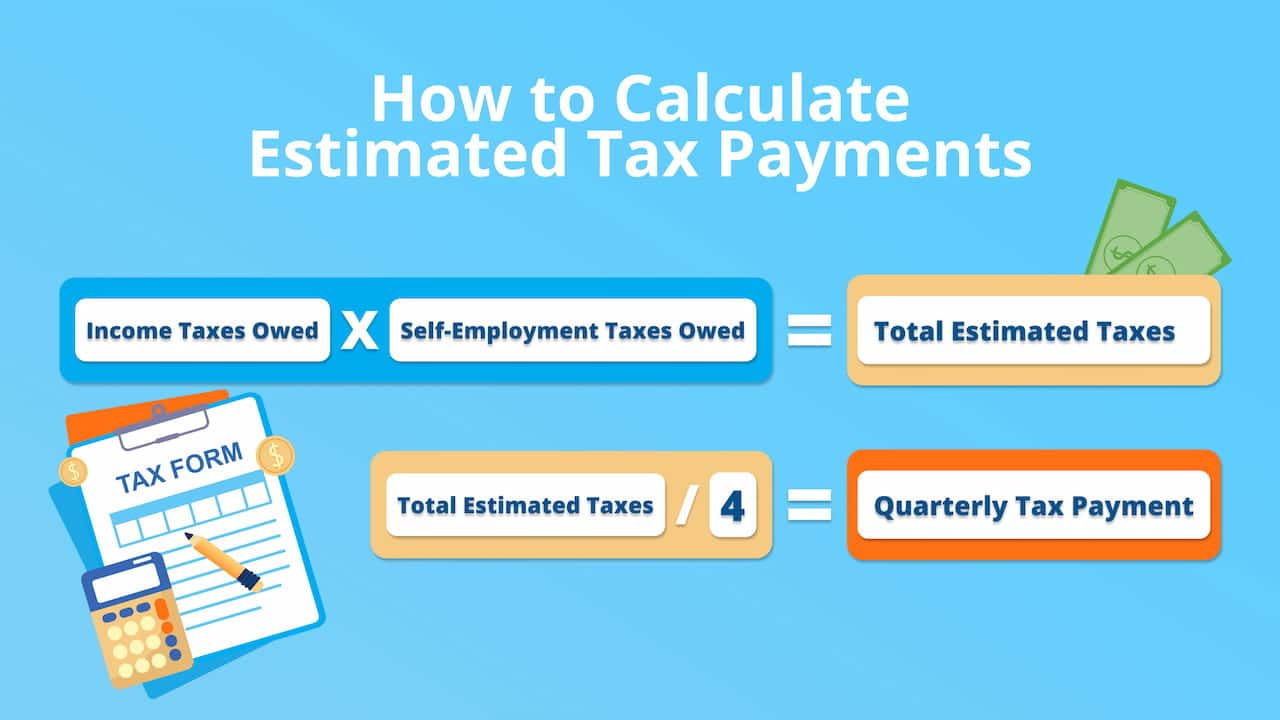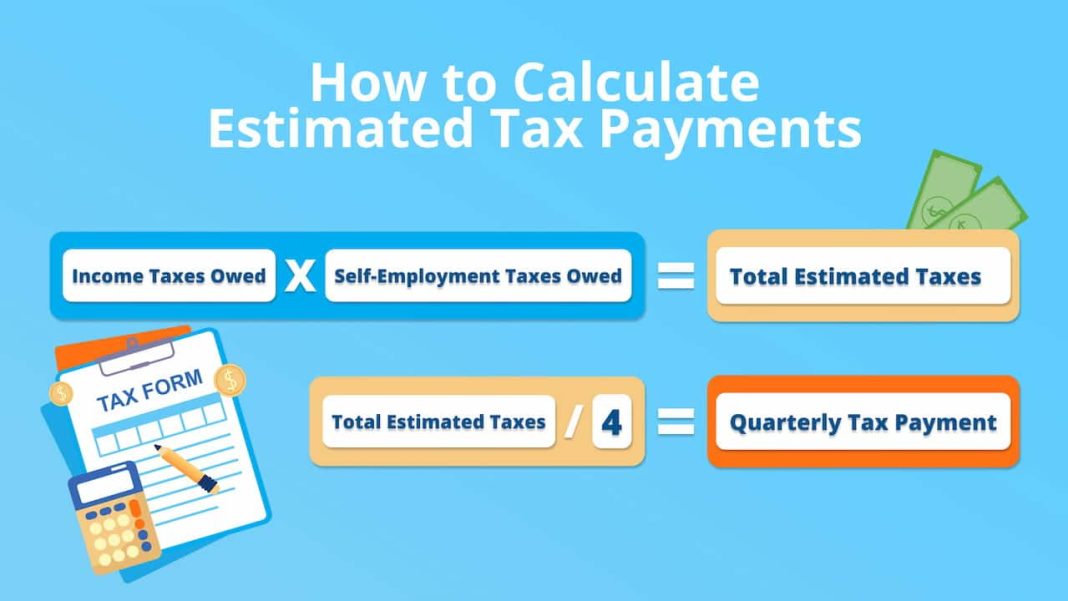 Reps. Thomas Massie (R-Ky.) and Matt Gaetz (R-Fla.) recently introduced a bill called the “Tax Free Tips Act of 2024” to amend the Internal Revenue Code of 1986. The purpose of this legislation is to exempt tips from income and employment taxes, providing relief to individuals who rely on gratuities as a significant part of their income. The lawmakers stated that taxing tips is regressive and goes against American tradition.
Reps. Thomas Massie (R-Ky.) and Matt Gaetz (R-Fla.) recently introduced a bill called the “Tax Free Tips Act of 2024” to amend the Internal Revenue Code of 1986. The purpose of this legislation is to exempt tips from income and employment taxes, providing relief to individuals who rely on gratuities as a significant part of their income. The lawmakers stated that taxing tips is regressive and goes against American tradition.
In their joint statement, Reps. Massie and Gaetz emphasized the need to alleviate the tax burden on hardworking individuals in the service industry, particularly those who may be working multiple jobs to make ends meet. They also mentioned that they were influenced by former Rep. Ron Paul and former President Donald Trump, both of whom have spoken in favor of eliminating taxes on tips. Mr. Massie highlighted how digital payments have made it possible for the government to tax every transaction, including historically untaxed tips. With inflation on the rise, he argued that it makes sense to eliminate the tax on tips and provide relief to working people.
The “Tax Free Tips Act of 2024” includes several key provisions to exclude tips from various forms of federal taxation. It proposes classifying tips as property transferred by gift, exempting them from income taxes. The legislation also seeks to remove specific subsections that currently include tips in taxable income calculations for Social Security and Tier 1 Railroad Retirement taxes. Additionally, it aims to ensure that tips are not considered wages for the purpose of unemployment compensation taxes and wage withholding requirements.
To provide clarity and consistency in tax treatment, the bill includes a new paragraph defining tips as any gratuity provided to a salaried employee by a customer or client. It also proposes several conforming amendments to various sections of the tax code, such as the repeal of a current provision that provides a credit for employer Social Security taxes paid on employee cash tips.
The introduction of this bill comes on the heels of former President Trump’s announcement at a campaign rally in Las Vegas, where he stated his intention to eliminate taxes on tips if re-elected. His proposal aims to appeal to blue-collar workers, a demographic that has shown increasing support for the Republican Party in recent years.
In contrast, the current administration, led by President Joe Biden, has taken a different approach to tax policy. President Biden has proposed a wealth tax on individuals with a net worth exceeding $100 million and has suggested increasing the corporate tax rate. He has also advocated for raising the federal minimum wage to $15 an hour and phasing out the tipped minimum wage in restaurants.
If passed, the “Tax Free Tips Act of 2024” would represent a significant shift in the treatment of gratuities within the federal tax system. Currently, tips are considered ordinary income and subject to income and employment taxes. This proposed legislation would relieve workers in service industries, such as hospitality, restaurants, and personal services, from the tax burdens associated with their tipped income.
It is important to note that any change to the tax code requires an act of Congress. The fate of this bill, as well as individual tax rates more broadly, will likely depend on the political landscape after the 2024 elections.


